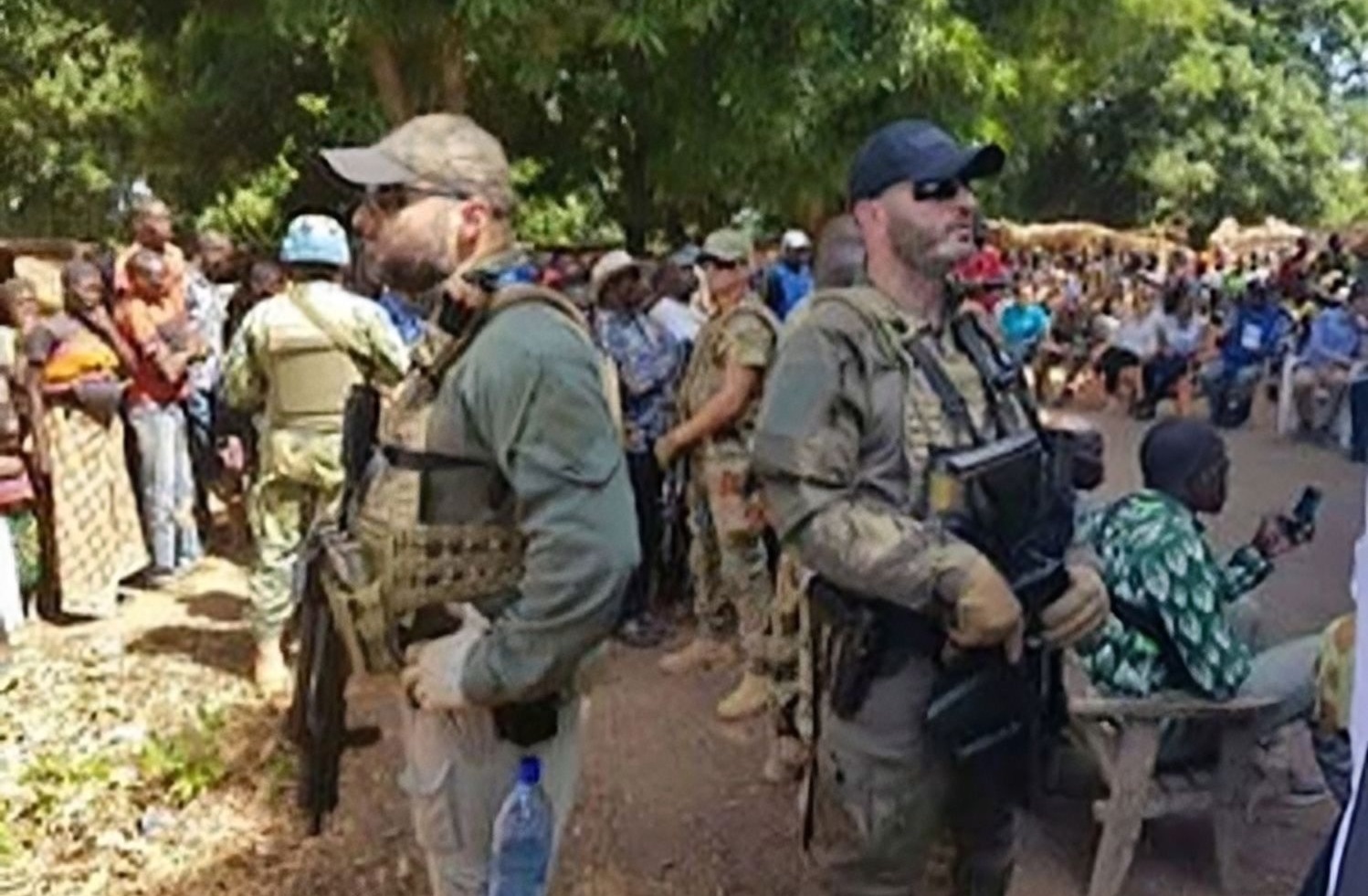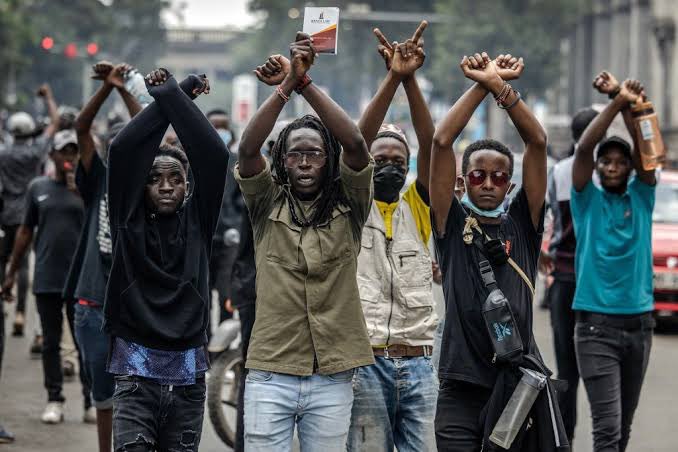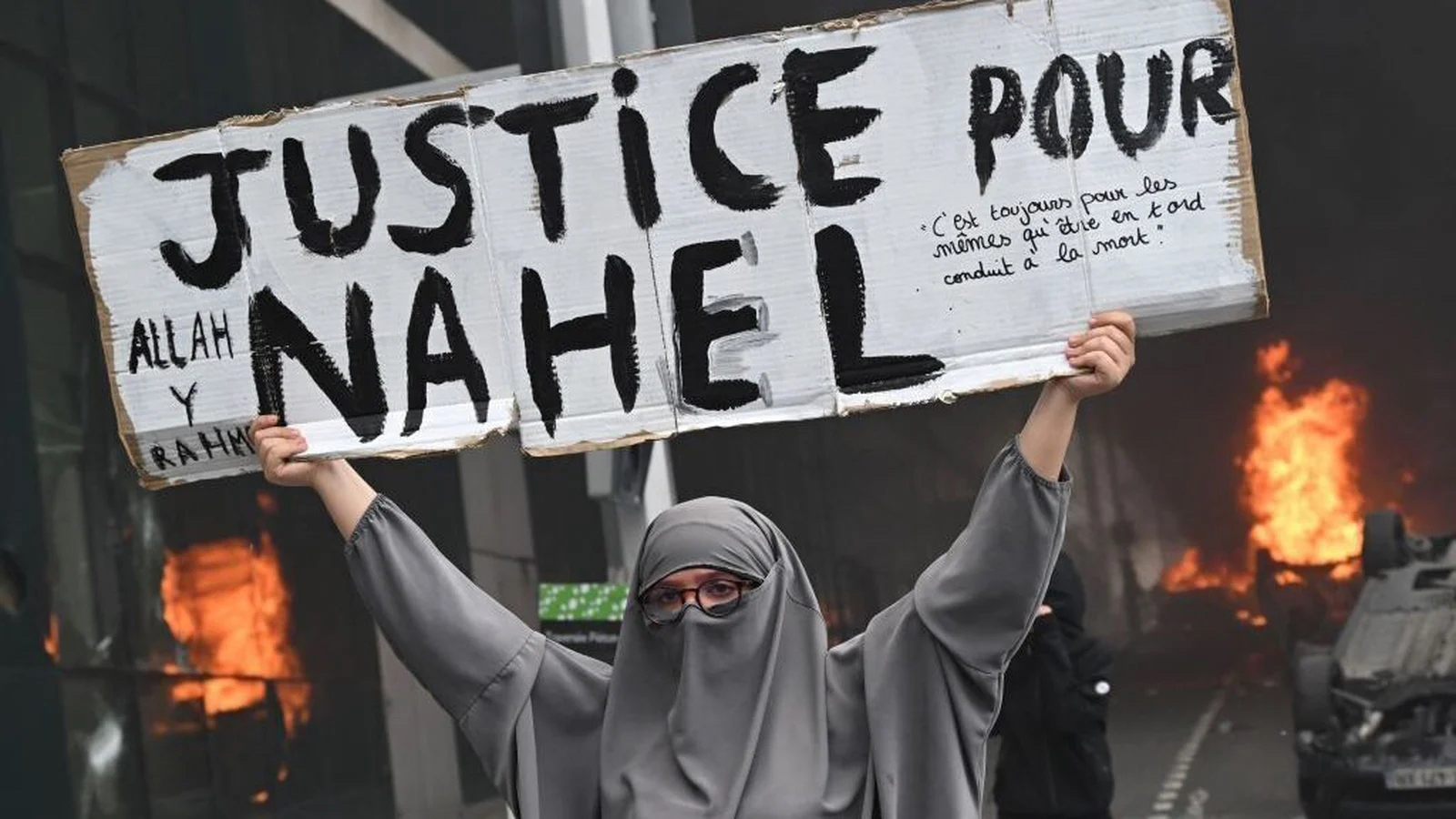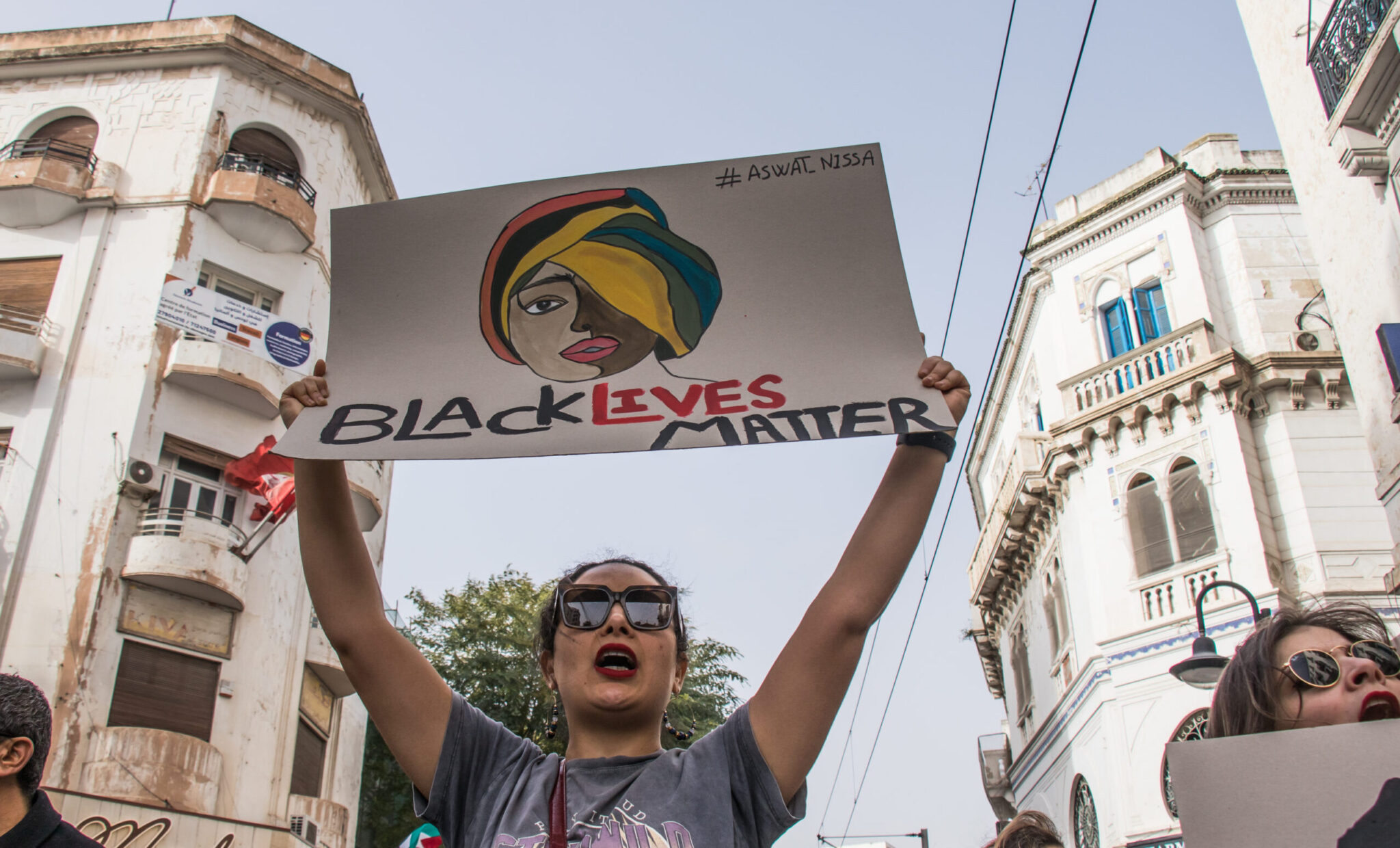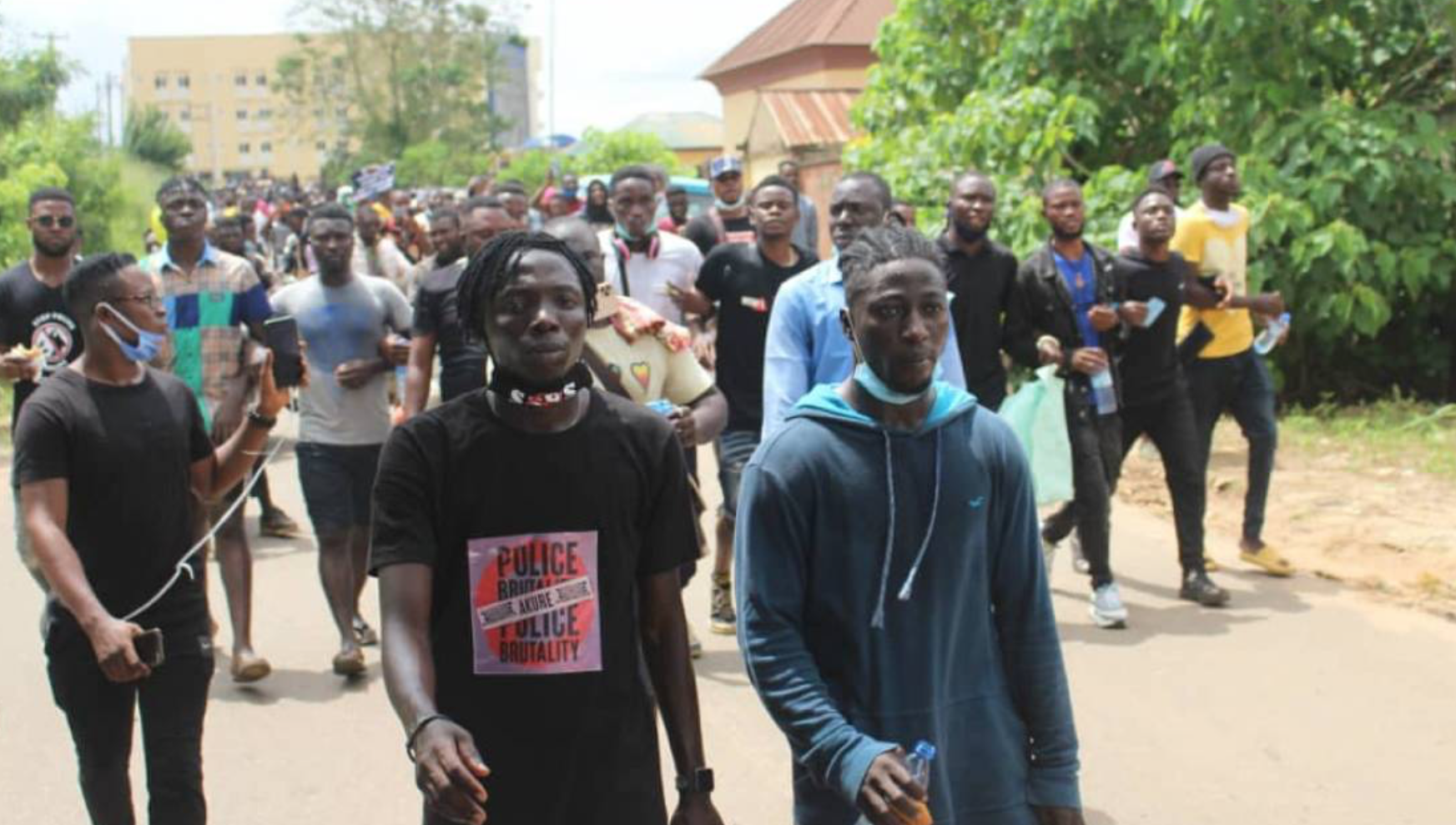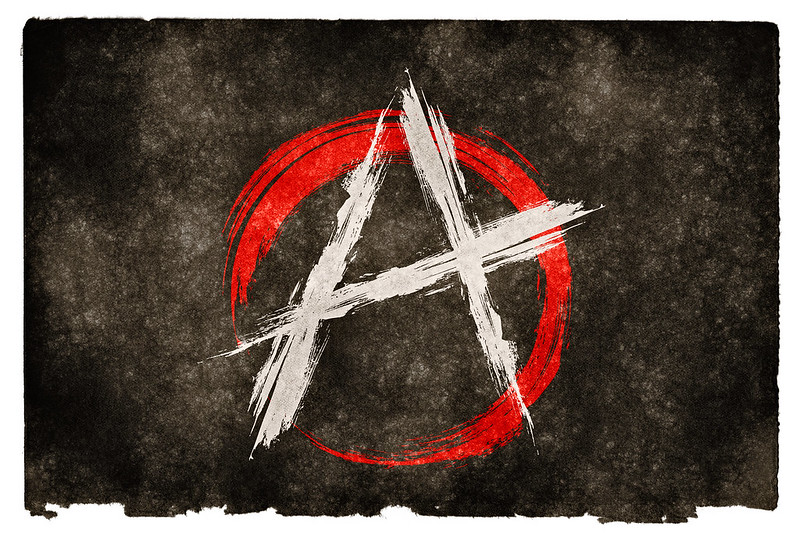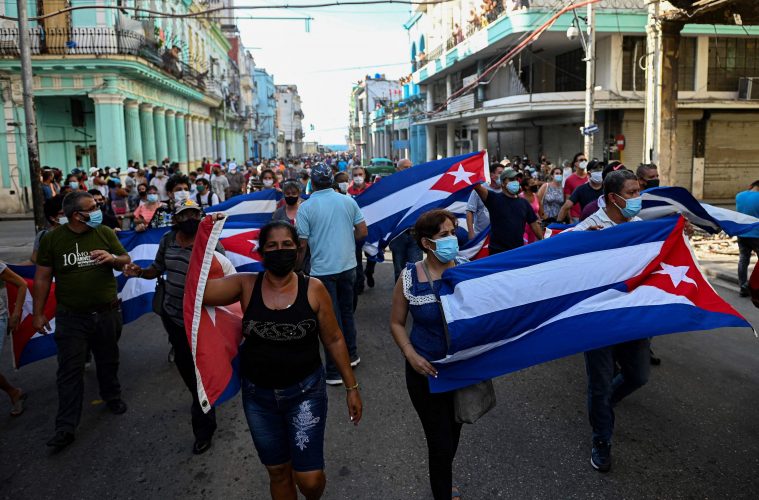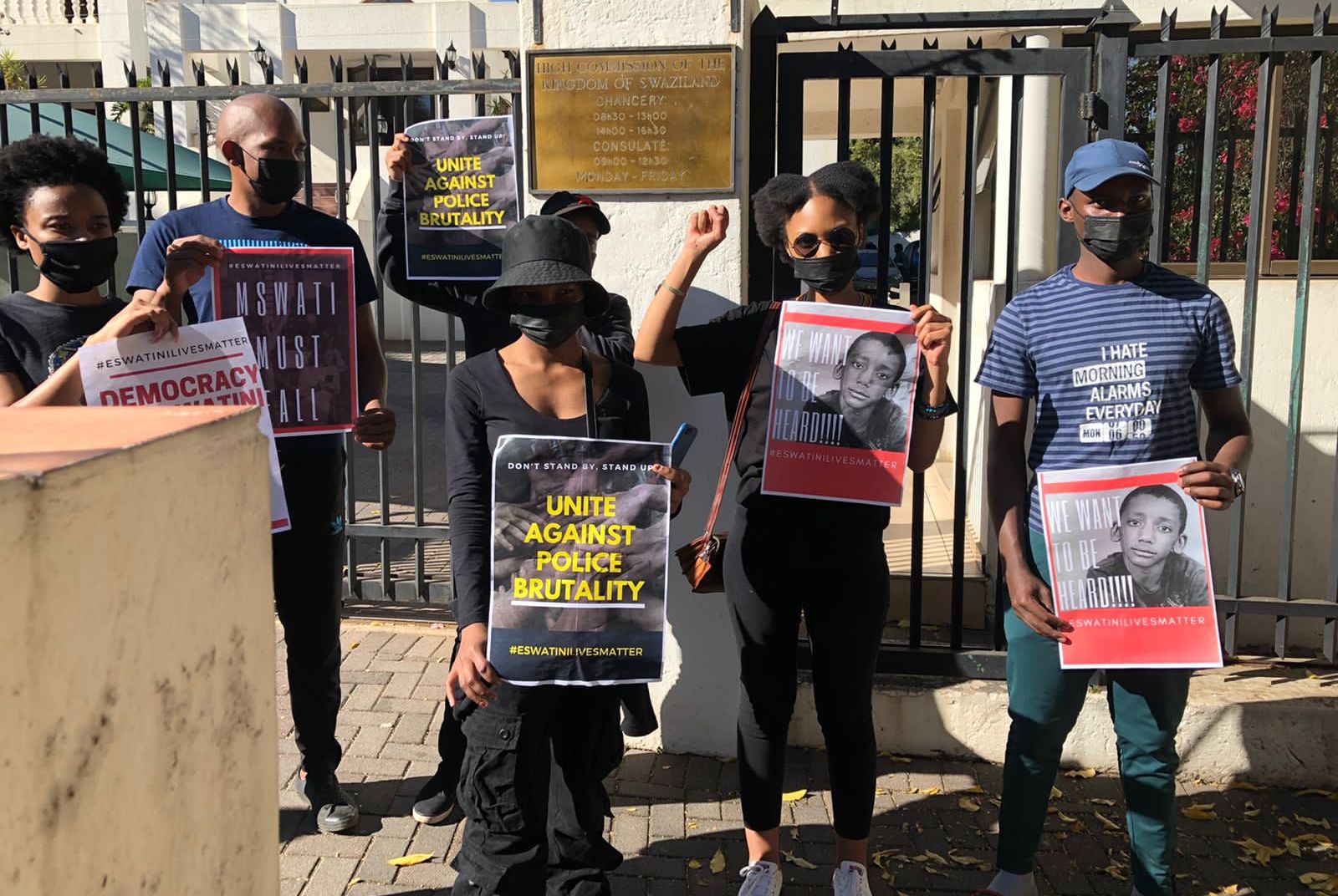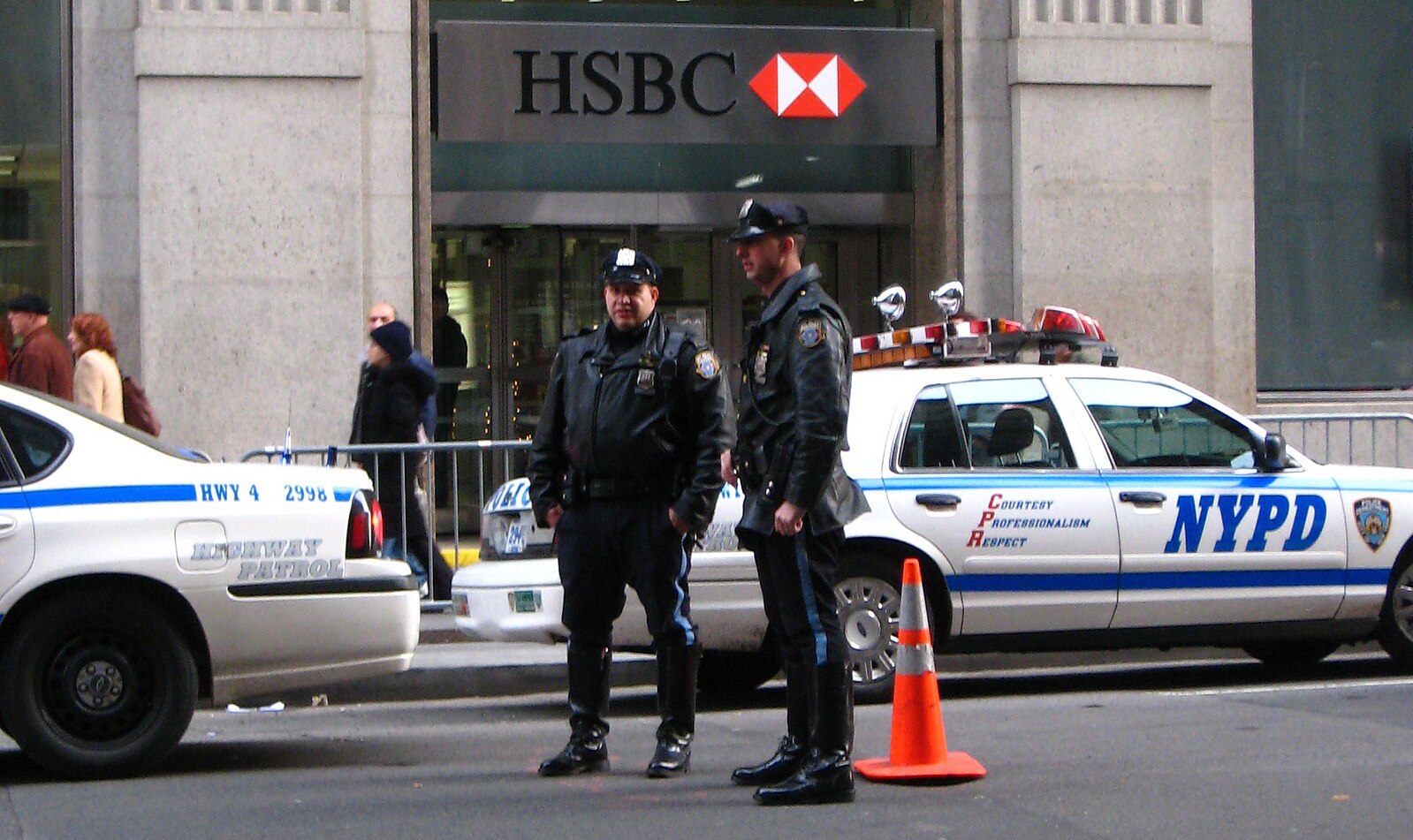
NYPD documents reveal ‘surveillance abuses’
Amnesty International and the Surveillance Technology Oversight Project (STOP) released more than 2,700 New York Police Department (NYPD) documents obtained after a five-year lawsuit. The groups say that the documents reveal extensive and discriminatory surveillance practices. The records, ordered to be disclosed by a New York state court in 2022, show repeated use of facial recognition technology (FRT) against individuals engaged in everyday activity as well as political expression. According to the organizations, the disclosures detail how the NYPD relied on FRT to identify people flagged by police reports that labeled them “suspicious” for speaking a foreign language or wearing culturally distinctive clothing. Advocates say the documents demonstrate that racial and cultural profiling frequently served as the basis for surveillance. (Photo: Wikimedia Commons)



